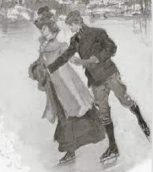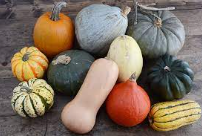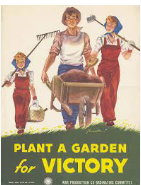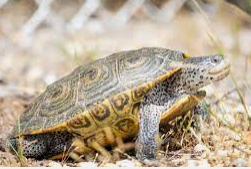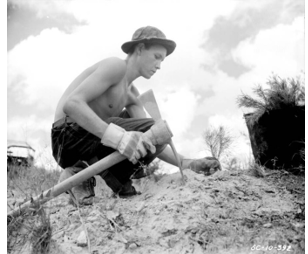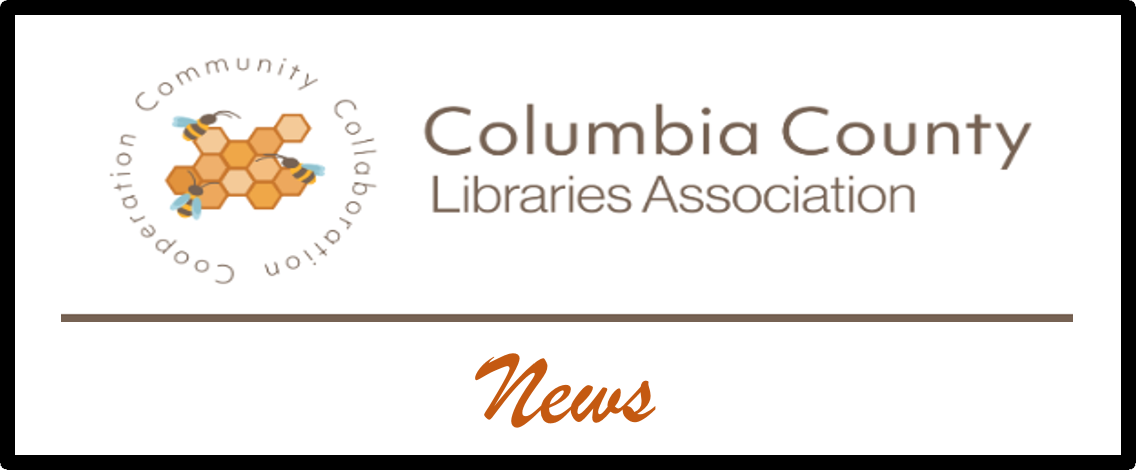Recorded Programs
Figure skating has changed dramatically in the last 100 years. The clothes, skates, ice surfaces, and various moves have become more acrobatic than 100 years ago. Figure skating was very popular among the wealthy women of the Gilded Age. Maria Reynolds, Curator at Staatsburg State Park an avid skater, will talk about the history of competitive skating, early indoor ice rinks, fashion, and maneuvers.
Dr. Jessica Gelernte, a general practitioner since 2017 at Rhinebeck Animal Hospital will share some tips for cold season care of cats and dogs.
Rebecca Polmateer, Program Director of Family & Consumer Sciences of Cornell Cooperative Extension of Columbia -Greene Counties will demonstrate how to cook various squashes. This is just in time to get a new recipe for Thanksgiving.
Jeffrey Urbin, the Roosevelt Library Education Specialist will talk about victory gardens. These gardens were planted during world wars to ensure an adequate food supply was available for both civilians and troops.
Eleanor Roosevelt advocated for the planting of victory gardens that were so successful during the 1st world war. Claude Wickard, FDR’s Secretary of Agriculture was opposed to the idea. Ultimately half of the American families had a victory garden during WW2 and 40% of produce was supplied by these gardens by 1944.
Leanna O’Grady, the Environmental Educator for the Mud Creek Environmental Learning Center will show how many different turtles live in the Hudson River.
The Mary Powell is the longest-running steamboat on the Hudson River. This ship hosted famous passengers, such as Ulysses S. Grant and Walt Whitman, and led national events including the unveiling of the Statue of Liberty in 1886.
In the aftermath of the Pearl Harbor attack, FDR received a letter from baseball commissioner Judge Kenesaw Landis concerning the propriety of proceeding with the 1942 baseball season. FDR promptly responded to Landis’s inquiry expressing the value of baseball in the time of war.
Jeffrey Urbin, the Roosevelt Library Education Specialist will tell how Franklin D. Roosevelt had a love and respect for nature that began in his boyhood as he explored the forests, meadows, and streams of his family’s estate in Hyde Park, NY, and continued all his life.
As President, he expanded the National Park Service, protected 230 million acres of public land, and created the Civil Conservation Corps, “Roosevelt’s tree army”. The CCC created both jobs for the many unemployed Americans during the Great Depression and helped to combat soil erosion.
Tips on how to choose diverse plants by foliage choices in garden design.
Jeffrey Urbin, the Roosevelt Library Education Specialist, tells how Franklin D. Roosevelt was a man of many interests and had the means to pursue them. He loved to hunt, fish, plant trees, sail, bird watch, read books and collect stamps. Franklin Roosevelt also was involved in the design of the Hyde Park, Rhinebeck and Wappinger Falls Post Office buildings.
Stacy Preusser, the Wildlife Biologist with NYS DEC since 2016, overseeing Columbia and Rensselear Counties will share information regarding black bears. Bears have become more and more frequent in the last few years, often seen at bird feeders and bee hives. Learn how you can reduce a bear’s attraction to your property and what to do if you encounter a bear.
From March through October, you have constant color in your gardens and property. Springtime bulbs are followed by flowering shrubs and perennials, brilliant color annuals and fall foliage colors of your trees and shrubs. Then winter comes and what is there to look at as you drive down the driveway or look out the window?
Jeffrey Urbin, the Roosevelt Library Education Specialist will talk about how this well-known woman grew from a shy and insecure little girl into one of the most admired women in America history. Eleanor Roosevelt was 8 years old when her mother, Anna, died. Eleanor and her younger brother, Hall, were sent to live with her maternal grandmother, Mary Livingston Ludlow Hall, at the family’s Woods Road estate in Clermont, Columbia County.
Jeffrey Urban, The Roosevelt Library Education Specialist will tell how this little Scottish Terrier, given to Franklin D. Roosevelt by his cousin, Daisy Suckley of Wilderstein in Rhinebeck brought much-needed fun and distraction to a war-weary President. Fala was a faithful companion of FDR and enjoyed a life in the White House.
Yvonne Laube, the Public Information Officer for the Poughkeepsie Library District will give you an introduction on how to use our new website feature, Recite Me. Yvonne will show you how to change text to speech, where the dyslexia help is located, the interactive dictionary tool location and point out the translation tool for over 100 languages.
Richard Figiel, author of the book, “A Road Through Time, Manhattan to the Adirondacks on New York State’s First Road”, shares his knowledge of the road’s history. This highway began as a Native American path, then a Dutch wagon lane, then an English “high-way”.










